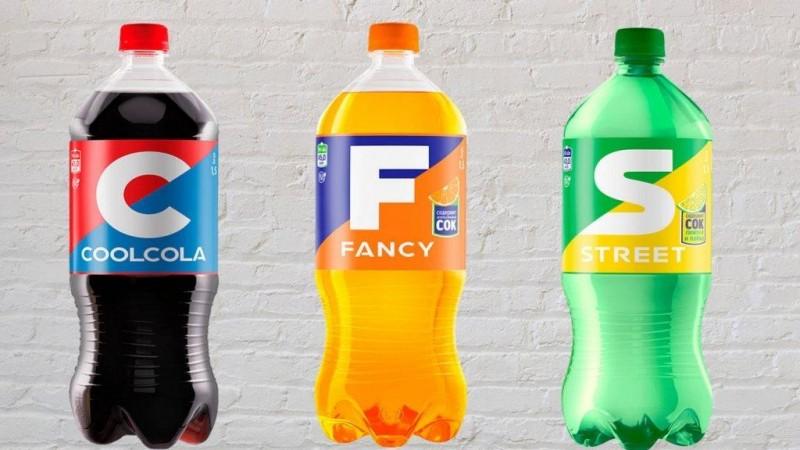In the first week of March, The Coca-Cola Company announced, leaving nothing to ambiguity, that it was suspending its business in Russia. In its press note, the company also announced, "Our hearts are with the people who are enduring unconscious effects from these tragic events in Ukraine." Around two months later, Moscow launches alternatives to all the beverages from the flagship brand, especially the Fanta and Sprite. So while Coca Cola is Cool Cola, Fanta is Fancy and Sprite is Street. It's not just the logos, colours and packaging that remains inspired by the original, but the name retains the first letter. While after the announcement, the Coca-Cola's price skyrocketed at almost 200%, the state owned media claims that the alternatives have started picking up too.

The desperate positive spin
The authorities, hardliners in the country and state-owned media has been trying to push the positive theory on social media. Calling the replica beverages, much healthier alternatives to the original. The adverts also claim that they taste the same. "CoolCola has the iconic taste of cola," wrote Ochakovo in its press material. The new 'copy cat' drinks are being made by Russian beverage maker Ochakovo, which was founded in the Soviet Union in 1978. So far, the company has specialized in traditional Russian beverages which are mostly fermented drinks, such as the grain based kvass or the honey-based medovukha. Ochakovo isn't the only company looking at a market that has already been created. Targeting Russia's soda drinkers, in April yet another beverage company Slavda Group launched Grink Cola. 'Cola' seems to be standard favourite word of all such new brands. A month later, in May, a company Syktyvkarpivo launched its own brand of soda by the name Komi Cola. In fact, several new and old players are believed to jump into the market soon cashing in on Coca-Cola's exit from the country.
Take that Uncle Sam!
— Francis Scarr (@francis_scarr) May 14, 2022
A factory in Russia's Komi republic has responded to the possibility of Coca Cola leaving the Russian market by launching production of "Komi Cola"
The regional government claims demand is "growing every day" pic.twitter.com/U6Xa5S9ltR
Memes can't help themselves
Between the announcement of Coca-Cola's exit and the launch of imitation brands, memes have had a field day. "It's not the food or the drinks. Russians care for the taste of freedom. That's what these companies tasted of, for them," opined a user in a post. "Instead of Komi Cola, it should have been Commie Cola," joked another user. All the alternatives so far, have received mixed reviews, with almost everyone comparing the beverages to the original. Some found the Russian-made versions, too sweet, others less fizzy.


















